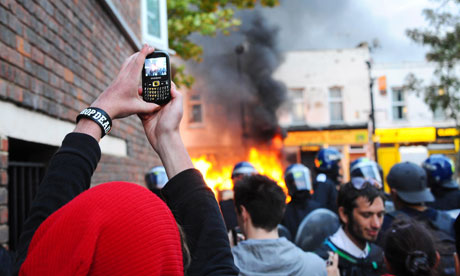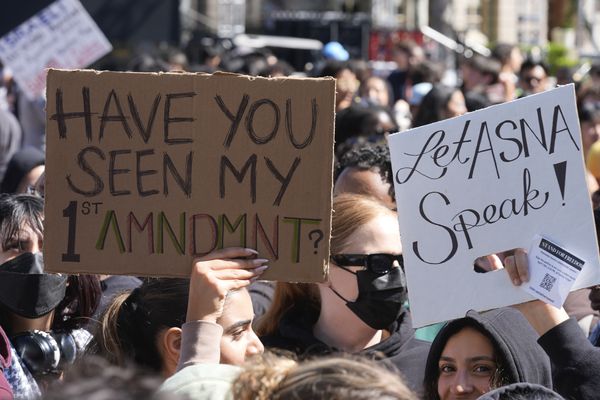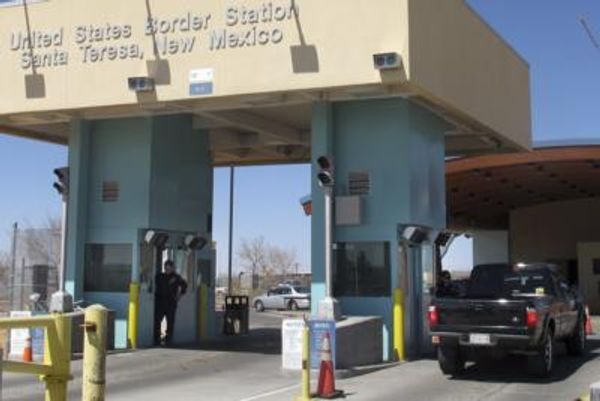
When Boris Johnson stood in the midst of an angry crowd in Clapham the day after the summer riots, he complained that he had heard "too much sociological explanation and not enough condemnation".
Yet much of the rhetoric that filled the airwaves and news pages in the aftermath of the riots was all about blame, along with the need for tough measures, zero tolerance and swift action. There was little rational argument about the underlying causes, except for a series of SocietyGuardian.co.uk articles, written by sociologists, in response to Cameron's request for a thorough analysis "when the dust settles".
Well the dust has now settled. So a conference organised by the Campaign for Social Science on Thursday provides a timely opportunity to reflect on the events of this summer and draw on expert opinions, from criminologists and psychologists to sociologists and epidemiologists.
The conference will present different perspectives and offer ways forward. Contributions range from "big picture" perspectives, focusing on the relationship between inequalities and societal dysfunction, to crowd behaviour and the psychological profiling of rioters.
Much of the official response to the riots, triggered by the death of Mark Duggan in Tottenham, London, has been to view them as merely acts of looting and criminality, the actions of feral children, or the work of criminal gangs within the urban underclass, says John Solomos, professor of sociology at City University.
But it would be false to assume that the riots were an organised protest, masterminded by criminal gangs (they only accounted for a minority of arrests), or that they were overwhelmingly linked to issues about race and policing. This year's riots were more about looting, with a surprising number of women among the looters.
Nor can the rapid spread of unrest be explained away by social media. The idea that a person can whip up a riot over Facebook is very misleading and gives the person more apparent status than he warrants, says criminologist David Canter.
Others take a broad perspective, making links between the current economic situation and malaise within certain groups. Some academics and community leaders are saying that causal factors are complex, representing a tinderbox of economic and social tensions whose explosion was almost inevitable.
There is much talk of the breakdown in family life, poor parenting, widespread moral collapse and "broken Britain". Many of the rioters have expressed anger that society has let them down.
But if there is any common factor it is that the rioters were mostly from low-income backgrounds, suggesting that the long-term impact of the global economic downturn has helped to fan the flames, says Dr Paul Bagguley, a sociologist from the University of Leeds.
Richard Wilkinson, author of The Spirit Level: why more equal societies almost always do better, claims that inequalities in society are a major factor. Drawing on empirical evidence from around 200 international studies, he shows that it is relative poverty that causes social unrest, rather than poverty per se.
Deprivation and inequality were also cited as factors by the sociologists writing for SocietyGuardian.co.uk, along with rising youth unemployment and the scrapping of some of the support programmes for the jobless.
Many lessons will be learned from the riots – and these will be explored at the conference. There has been no shortage of opinions expressed by politicians and media personalities.
In the absence of sound research, which inevitably takes time to undertake, these views were mostly personal and off the cuff. There is a need for proper research to establish the particular conditions that triggered this summer's riots before any solutions can be offered.
It is too soon for solid solutions, but the aim of the conference is to seek a way forward, rather than simply offer explanations in retrospect. But the overriding message is that any changes in policy or practice must be based on firm evidence. The social sciences can provide that evidence.
• Cary Cooper is chair of the Campaign for Social Science; Anne Nicholls is the campaign's press officer







